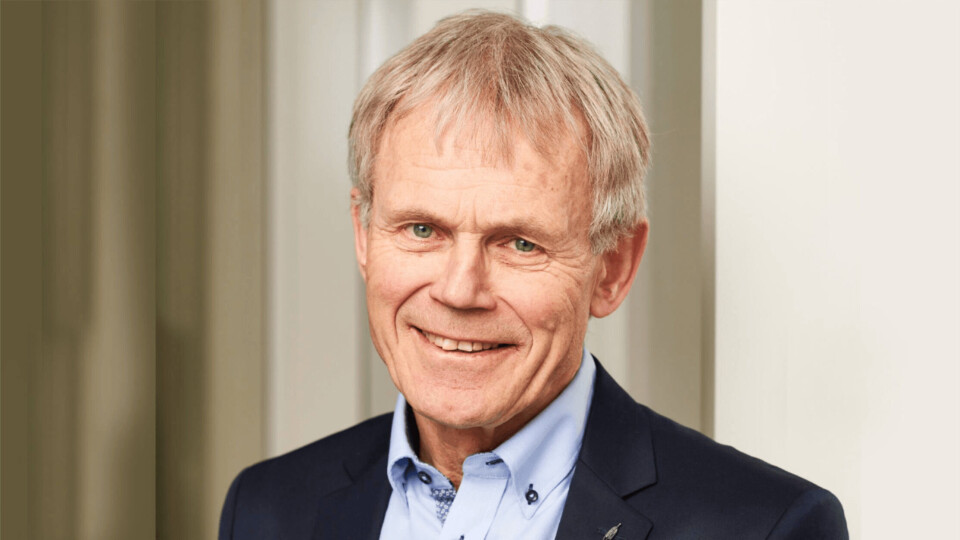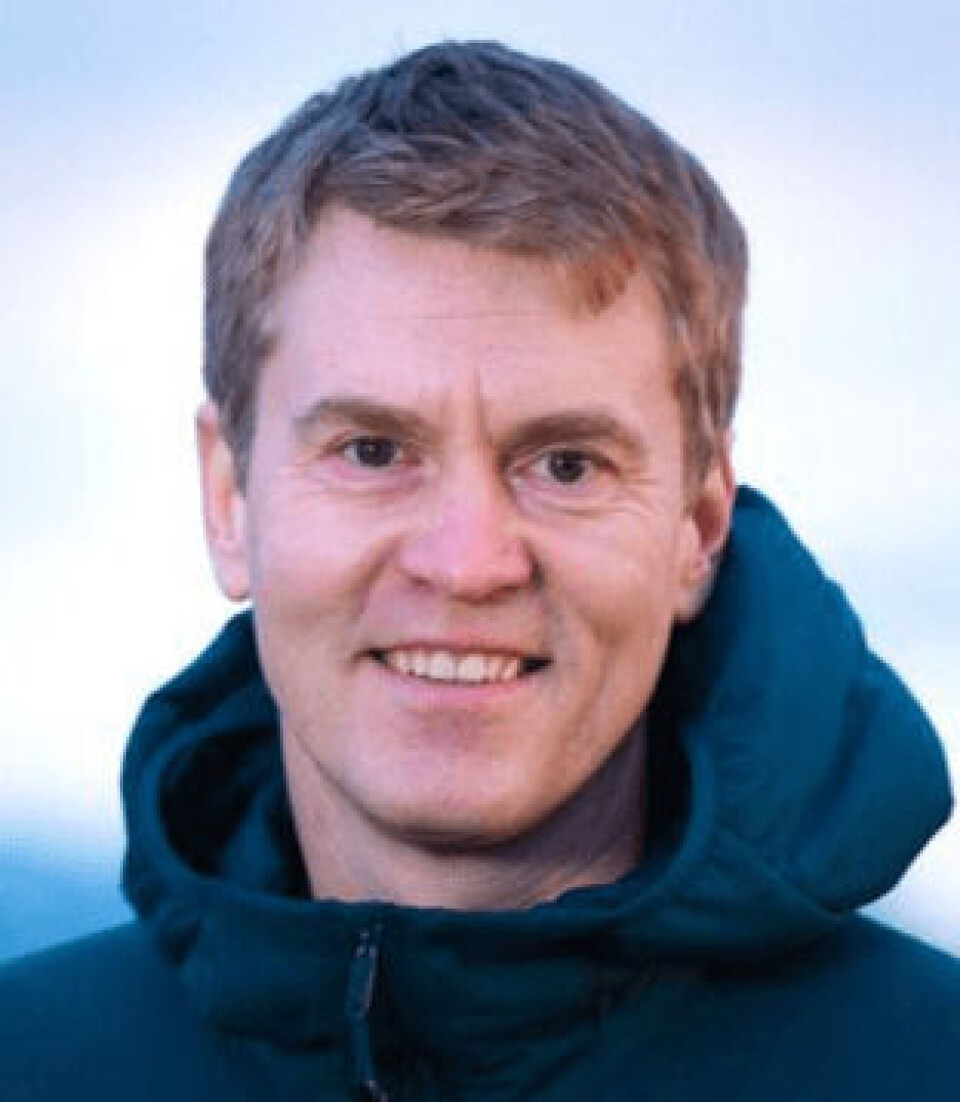
Norway wealth tax prompts fish farmer to divert investment to US
A NOK 150 million (£12.5m / $15.3m) investment in Florida-based on-land fish producer Atlantic Sapphire by Nordlaks comes from a pot the company had planned to use to buy government permits to grow more fish in northern Norway and has been made in response to a Norwegian wealth tax on privately-owned fish farmers, Nordlaks has said.
“For over 30 years, Nordlaks has done what we have believed is in the country’s interest, through local Norwegian ownership created jobs and value creation primarily in northern Norway,” said chairman Kjell Bjordal.
“Nordlaks is today the country’s largest privately owned aquaculture company with almost 700 employees. We are now experiencing that the framework conditions for Norwegian aquaculture in general and for Norwegian-owned aquaculture companies outside the stock exchange in particular, are becoming more and more uncertain.
Special tax
“We no longer see any connection between the political ambitions of the industry and the way the industry is managed. We are therefore in doubt as to whether it is wise to continue to have all eggs in the same basket, even though we would very much like to continue building Northern Norway.”
Bjordal cited Norway’s Concession laws, or “panic laws”, that date from 1906 and were introduced to stop foreign interests buying the country’s natural assets such as waterfalls for hydropower, mines, etc.
“40% of Norway’s most important export industry based on renewable resources is already owned from abroad,” said Bjordal. “We note with astonishment that the Storting is now adopting a special tax for Norwegian-owned aquaculture companies that further favours foreign ownership in the coast’s most important industry.
Drained of resources
“While Norwegian-owned companies get a tax increase which means that the companies must be tapped for billions every year, foreign ones escape completely. In addition, the wealth tax is based on the highest bidder for licences so that foreign companies can decide how much their Norwegian-owned competitors will be drained of resources each year. It is difficult to envisage a more precise tool for transferring locally owned aquaculture companies to foreign hands.”
He continued: “We are happy to pay tax on equal terms, it is part of our social mission. We also do not move to the neighbouring municipality of Bø or abroad. But we see that it can quickly become more interesting to compete on equal terms outside than with handicap at home. Therefore, we take a limited position in Atlantic Sapphire, where we invest part of the money we had set aside for this autumn’s auction to buy a growth permit in Norway.
“We are used to the risk of innovation and that some steps forward are quickly replaced by a step back or two when trying to create something new. Atlantic Sapphire is many years ahead of its competitors and we consider that few have equal opportunities to succeed.”

Come the furthest
Buying a stake in Atlantic Sapphire, which plans to eventually produce 220,000 gutted weight tonnes of salmon annually in Florida, is both a political and practical move for Nordlaks, which has already innovated by building its giant ship shaped Havfarm salmon farm.
Chief executive Eirik Welde said: “We have been following Atlantic Sapphire since the start. In our assessment, they are one of the players that has come the furthest in land-based farming. They also have a good location at their facility in Miami, with good logistics to cover the American continent. Not least, they have access to a good water source and available area to increase production further. We believe the company has good conditions for success with its development plans.”
Welde added that Nordlaks also remained committed “to building a solid and competitive Nordlaks based on where we are and what we know best”.






















































